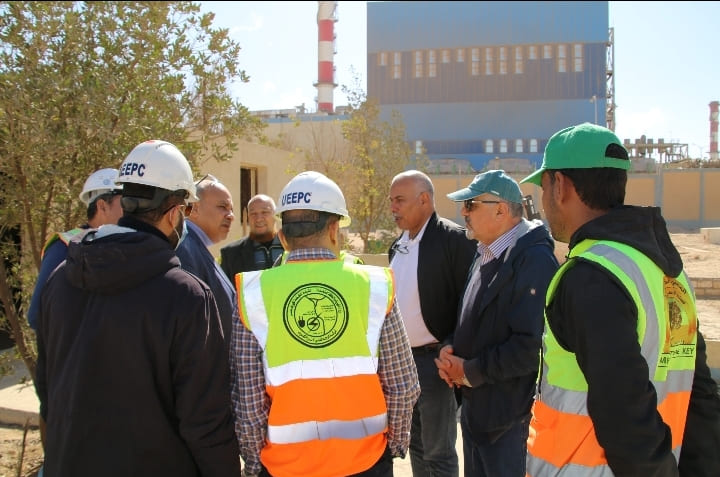- Location: Asyut Governorate, West Asyut Power Station, covering an area of 100 acres
- Irrigation: Industrial wastewater from cooling systems
- Significance:
- One of the largest government-owned jojoba cultivation projects in the Middle East and Africa
- Utilizes industrial wastewater for irrigation
- Exemplifies an environmentally friendly approach to wastewater disposal
- Jojoba cultivation addresses the challenges faced by industrial facilities in managing wastewater
- Offers numerous advantages and benefits
Project Details:
- The project is situated in Asyut Governorate, at the West Asyut Power Station.
- It encompasses an area of 100 acres dedicated to jojoba cultivation.
- Jojoba plants are irrigated using industrial wastewater generated from cooling systems.
Environmental Significance:
- The project stands out as a prime example of sustainable wastewater management practices.
- By utilizing industrial wastewater for irrigation, the project effectively eliminates the need for conventional disposal methods, reducing environmental impact.
- Jojoba cultivation offers a unique solution to wastewater management challenges faced by industrial facilities.
Advantages of Jojoba Cultivation:
- Jojoba is a drought-resistant plant that thrives in harsh environments, making it suitable for the project’s location.
- Jojoba oil is a valuable commodity with diverse applications in cosmetics, pharmaceuticals, and industrial lubricants.
- The project contributes to environmental protection and promotes sustainable agricultural practices.
Overall, the jojoba cultivation project in Asyut Governorate serves as a model for environmentally conscious wastewater management and sustainable agriculture. It demonstrates the potential of jojoba cultivation to address wastewater disposal challenges, generate economic benefits, and contribute to broader environmental goals.



